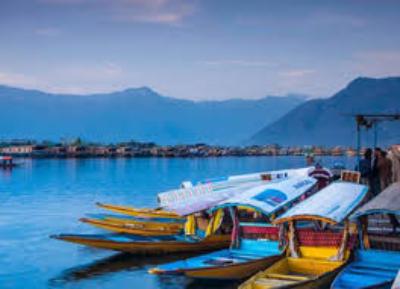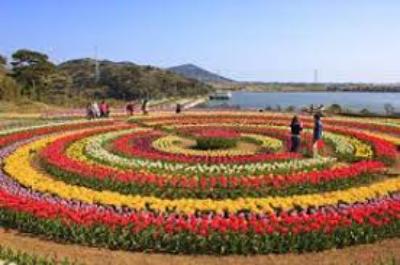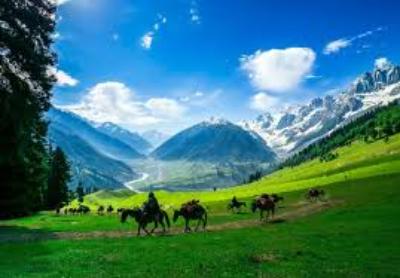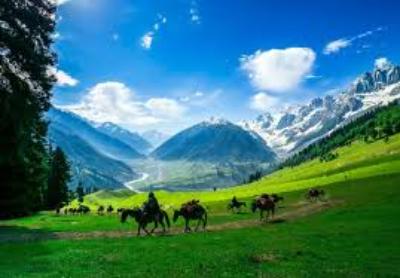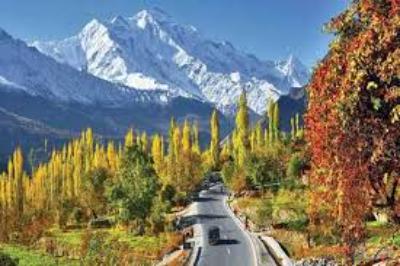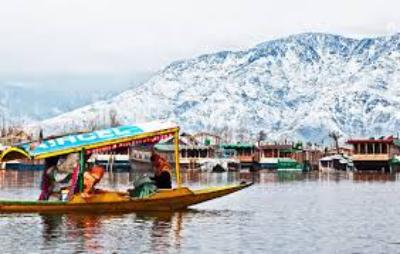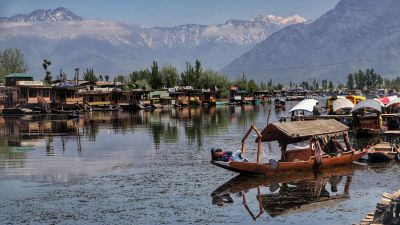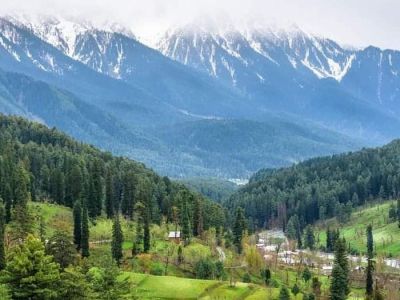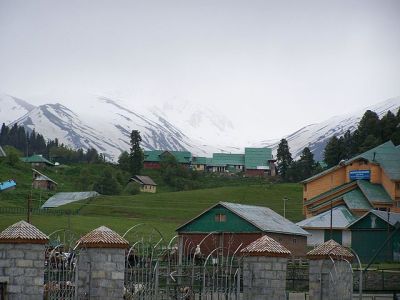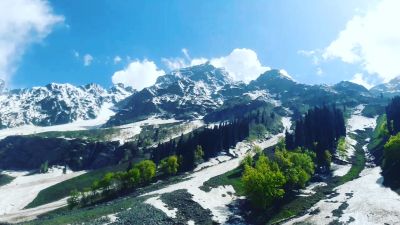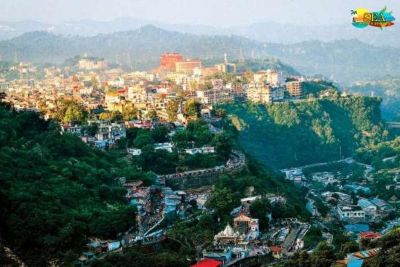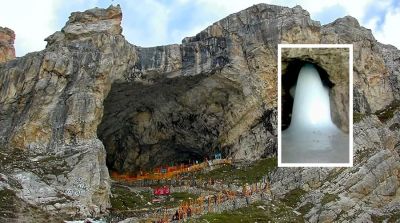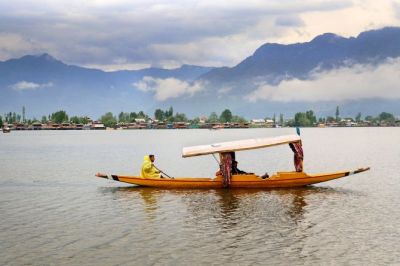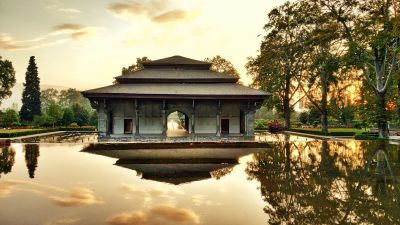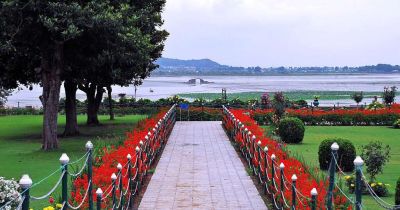Grooming the Nomadic Horsemen of Pahalgam
Pahalgam, a picturesque hill station located in the Indian state of Jammu and Kashmir, is not just known for its stunning landscapes and adventure activities but also for its unique nomadic horsemen culture. These horsemen, also known as "gujjars", are an integral part of the local community and have a rich history that is deeply intertwined with the region's nomadic lifestyle.
The Nomadic Horsemen of Pahalgam
The gujjars are a semi-nomadic community that has been herding and breeding horses for centuries. They have a deep connection with their horses and are widely respected for their horse riding skills. Over the years, they have become an important part of the tourism industry in Pahalgam, offering horse riding expeditions and guiding tourists through the region's beautiful valleys and meadows.
Traditionally, the gujjars used to migrate with their herds of horses, cattle, and sheep from the lower valleys to the high-altitude meadows during the summer months. This seasonal migration, known as "transhumance", allowed the animals to graze on fresh pastures and avoid the harsh climate of the lower valleys. It also provided the gujjars with an opportunity to escape the scorching heat and enjoy the cool mountain air.
However, with the advent of modernization and the impact of climate change, the traditional way of life for the gujjars has undergone significant changes. Many gujjars have now settled in permanent homes in Pahalgam, while some continue to practice transhumance on a smaller scale. Despite these changes, the gujjars have managed to preserve their unique identity and are still actively involved in horse breeding and equestrian activities.
Grooming the Nomadic Horsemen
To ensure the well-being of their horses, the gujjars follow a traditional grooming and training routine. They believe that the bond between a horse and its rider is crucial for successful horse riding expeditions. Therefore, they spend a considerable amount of time nurturing their horses and building a strong rapport with them.
The grooming process begins with regular brushing and cleaning of the horse's coat to remove dirt, debris, and loose hair. This not only keeps the horse's coat healthy and shiny but also helps in improving blood circulation. The gujjars also pay close attention to the horse's hooves, trimming them regularly and checking for any signs of infection or injury.
In addition to physical grooming, the gujjars also focus on training their horses to respond to various commands and cues. They use gentle methods like positive reinforcement to teach the horses basic riding techniques and ensure their obedience. This training process involves establishing trust and mutual understanding between the horse and the rider, which is essential for safe and enjoyable horse riding experiences.
Moreover, the gujjars are well-versed in the art of handling and navigating the rugged terrain of Pahalgam. They possess an in-depth knowledge of the local trails, routes, and terrain conditions, making them excellent guides for tourists visiting the region. Their expertise in horse riding and their deep connection with the horses enable them to offer a unique and authentic horse riding experience to visitors.
Preserving the Nomadic Heritage
As Pahalgam continues to attract tourists from all over the world, the gujjars play a crucial role in preserving the region's nomadic heritage. By offering horse riding expeditions and sharing their knowledge about the local flora, fauna, and culture, they provide visitors with a glimpse into their traditional way of life.
However, it is important for tourists to respect the gujjars' way of life and ensure that their activities are sustainable and responsible. This includes not overburdening the horses, following the gujjars' instructions, and supporting local initiatives that aim to protect the natural environment and the well-being of the horses.
In conclusion
The nomadic horsemen of Pahalgam, known as the gujjars, are not only skilled horsemen and guides but also custodians of the region's rich nomadic heritage. Their deep connection with their horses and the land they traverse makes them an invaluable part of Pahalgam's tourism industry. As visitors, it is our responsibility to appreciate and support their way of life, ensuring the preservation of their culture and the well-being of their horses.
Share this blog post
If you found this blog post interesting and informative, please share it with your friends and family. Together, let's spread awareness about the nomadic horsemen of Pahalgam and their unique role in preserving the region's cultural heritage.
Disclaimer : The information provided in this blog is for general informational purposes only. While we strive to keep the content accurate and updated, TravelSetu assumes no liability for errors or omissions. If you believe any part of this blog infringes your rights or causes concern, please notify us immediately at info[at]travelsetu[dot]com so that appropriate action can be taken.
